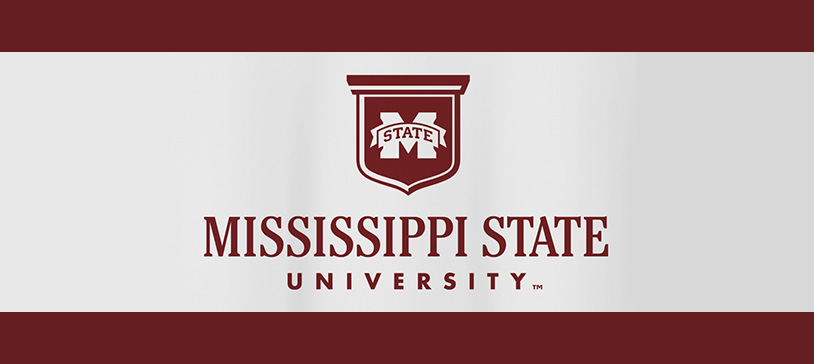
Q&A: 5 Questions With Don Buffum, Mississippi State University

PERFECTING THE ART OF FINANCIAL ACCOUNTABILITY
Innovation. Efficiency. Financial accountability. These are the commitments that Don Buffum, FNIGP, CPPO, brings to the job every day. As Mississippi State University’s director of procurement and contracts, Buffum is tasked with safeguarding public resources in everything he does, overseeing the offices of accounts payable, travel, property and receiving, mail services, and fleet management.

Since 2007, Buffum has directed and supervised all procurement and contract activity for the land-grant university, which enrolls more than 20,000 students and has some 4,500 faculty and staff. Over the years, the 39-year veteran has initiated a number of projects that have added value to MSU students and taxpayers, including the development of a strategic procurement philosophy, increased use of the procurement cards for efficiency, and the standardization of service contracts and contract processes, among others.
Last year, he received the “Albert H. Hall Memorial Award” from the National Institute for Governmental Procurement Inc. (NIGP). The award, NIGP’s highest honor, recognizes innovation in changing procurement concepts and procedures, among other attributes. In 2015, he also received one of the state’s highest honors, the “Excellence in Local and District Government Award,” which recognizes the development of innovative systems of public administration. We sat down with Buffum to get his take on the day in the life of higher ed procurement practices.
What is a typical day in the procurement segment and how has it changed over the years?
Today we spend a lot of time working with departments trying to determine the best way
to meet their needs within the confines of laws and regulations, while also trying to maximize the value. Developing RFPs or other techniques that allow for more flexibility and evaluation based on the desired characteristics rather than the lowest prices. I spend more time negotiating terms and conditions related to services contracts. Previously, more time was spent on transactional purchase of commodities and equipment with low bid being the prime determining factor.
How do you build (and maintain) relationships with vendors?
I have an open door policy that invites them to visit whenever they feel they have something worth discussing. This could include problems they’re having or ideas they have. I urge them to meet with our departments, not to sell products or services,
but to offer solutions. We try to enter into more long-term agreements, whereby the vendor/supplier/partner can help us find better ways to do business while providing value to both parties.
Why is this important?
Short-term, low-bid relationships tend to breed animosity where each party is trying to get the better of the other. As with any relationship, this may create a short-term gain, but typically it creates long-term problems. A vendor that has won based on the lowest possible bid will tend to look for ways to reduce their costs, which usually ends up with a reduction in services. Our team then spends more time policing the contract and the end result is poor results. Contracts built on trust and mutual respect tend to create situations whereby the contractor and the entity are working together and often create much better results, thus offering more value to the taxpayers.
Can you share what Best Value Procurement means to you and how you accomplish it?
Best value means to get the most value over the life of a project. To do this we must include all costs, benefits, and risks. A lighting contract cannot be looked at on the basis of the cost of the fixtures or the light bulbs, but must include the cost of replacing those light bulbs and the cost of energy over the full 15-20-year life cycle of the project. A contract provides greater value if the contractor and the government are working together. Maybe the contractor provides a suggestion that reduces the government costs or increases the services; maybe the contract rewards the contractor by giving them a percentage of the savings. It’s a win-win-win situation. The contractor makes more money, which is why he is in business, and the government saves money or provides greater services. The public has increased services or their tax dollar can be spent on other priorities.
“Best value means to get the most value over the life of a project. To do this we must include all costs, benefits, and risks.”
Don Buffum, Mississippi State University
What are some of the biggest opportunities and challenges the university procurement sector is facing?
Regulations and laws often create a situation where we are spending our time trying to ensure compliance rather than being able to seek the best value. Procurement professionals should have more latitude to negotiate agreements that provide an equitable and realistic level of risk for both parties given the value of an agreement. We should be able to use the right tools, be it IFB, RFP, reverse auction, Public Private Partnership, negotiation, etc., rather than having laws that dictate the procedures to be used in every situation.
University procurement officials have a huge opportunity to assist academia and research to acquire the items and services needed to make the world a better place. By getting involved early, the procurement official can often ensure better prices, value-added opportunities, and timely acquisitions which are within the boundaries set by laws and policy.


